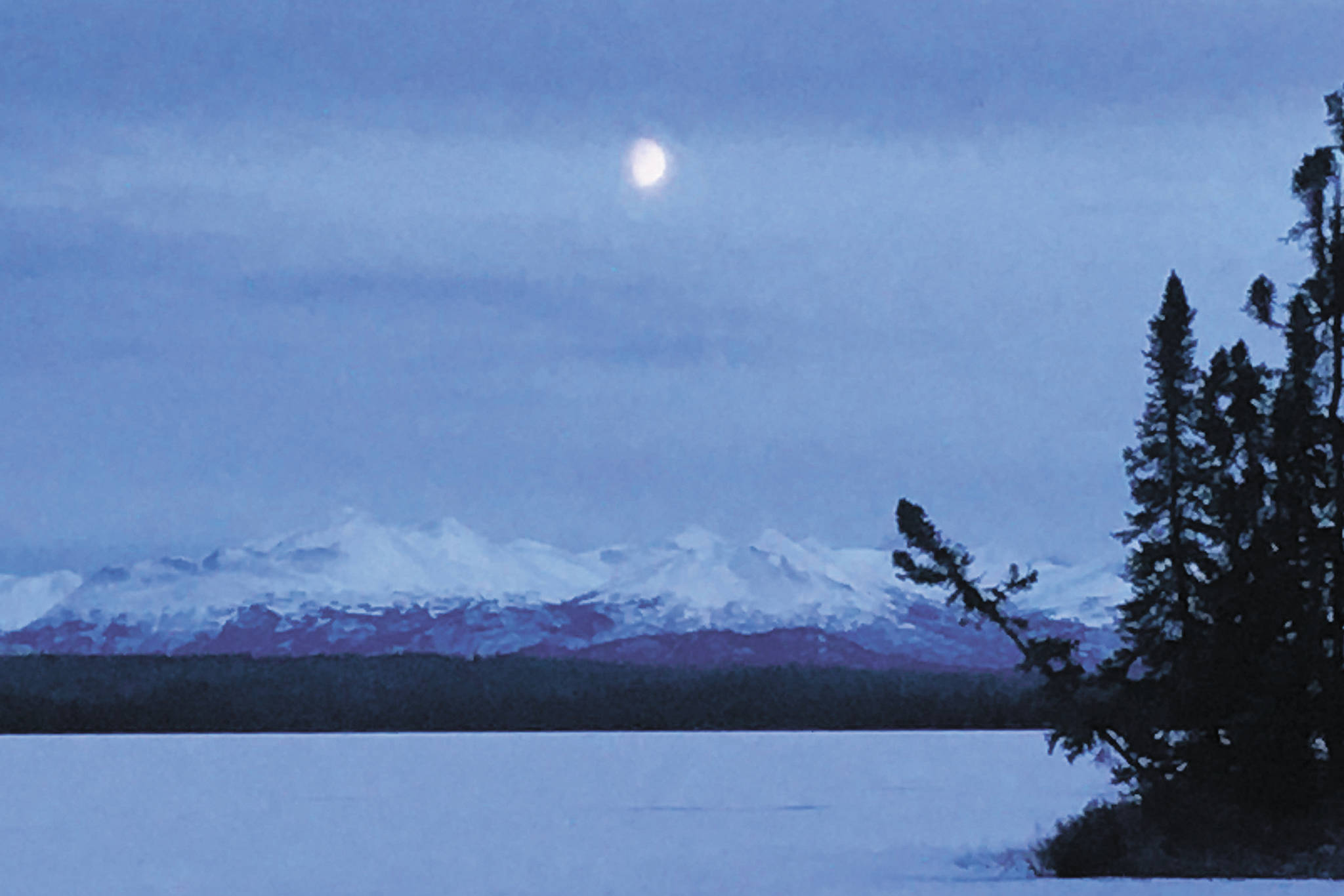The only place life makes sense anymore is the outdoors.
How do we balance the needs of students and parents with the safety of school district employees?
What about the needs of bars and restaurants to pay their bills and employees with the need to keep COVID-19 case counts down to avoid putting too much stress on the health care system?
How do we protect some of the most vulnerable among us — those in long-term care facilities?
What do we do about the economic fallout from this pandemic, which has the Kenai Peninsula Food Bank setting records month after month for pounds of food distributed?
In my own, far less consequential corner of the world, what should a sports editor be doing during a pandemic?
Is there a way coronavirus mitigation plans can get so detailed that the overriding purpose of them — to mitigate the spread of the virus — is overlooked?
Is it proper to run a photo of mitigation procedures not quite being followed at an event where procedures are generally being followed? Is it right to run a photo of mitigation procedures being followed at an event where they generally are not?
Since when do social get-togethers require negotiation?
What do we even do about the masking controversy at this point?
And while we’re at it — the truth? Can’t even agree on that.
I don’t have suitable answers to any of these questions. The world makes little sense until I go for a run, or an ice skate, or a ski. There, the rules have remained the same.
Check the weather. Check social media app Strava to see if anybody’s got any good ideas. Check your mood. Check the way your body feels. See how much time you have.
Decide what activity you’re going to do. Dress appropriately. Bring the right safety gear.
Sure, a lot of questions have arisen here, but for the most part the answers are not high stakes. Bring the wrong pair of gloves and have your hands go numb. Forget your helmet ice skating and risk cracking your head on the ice.
Once the activity begins, civilization’s worries gently recede.
If running, each step takes focus to avoid slipping on the ice. Also, make sure you’re swinging your arms right. Wish away that faint pain in your hip.
If skating, get a feel for how your blades are running on the lake ice. Start slow, poking around to make sure there are no ice cracks or areas of a brittle top layer that could stop a skate and slam you to the ice. Maybe, just maybe, the skate builds to the exuberant feeling of skimming across the surface while taking in alpenglow on distant, soft mountains.
If skiing, adjust technique to the snow conditions. Take note of the groom. Feel the way your skis are gliding. Maybe you’re working on the timing of the poling with the V2 technique. Or bending your knees internally doing V1. Regardless, soon you are lost flowing — up, down, left, right — over the land, breathing excitedly even though you thought you’d take it easy today.
An old professor of yours once told you skiing should be a spiritual experience. You didn’t know what he was talking about then. You do now.
Then it’s over. No matter how refreshing the dalliance with nature, you must return to civilization.
Why is it so hard and foreign to go back to something you could not live without?


